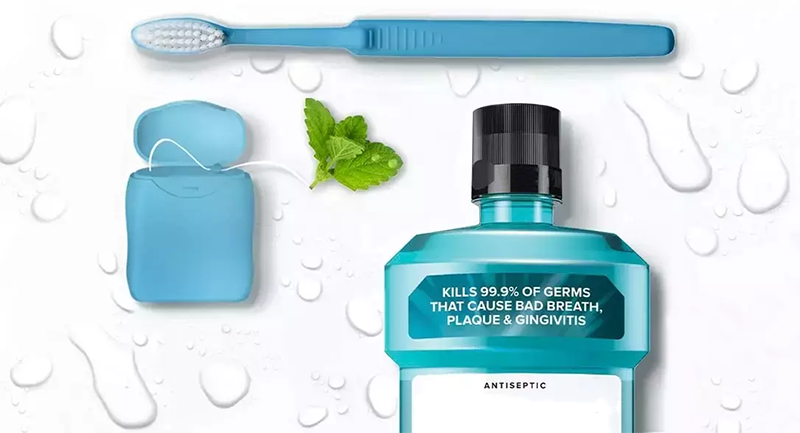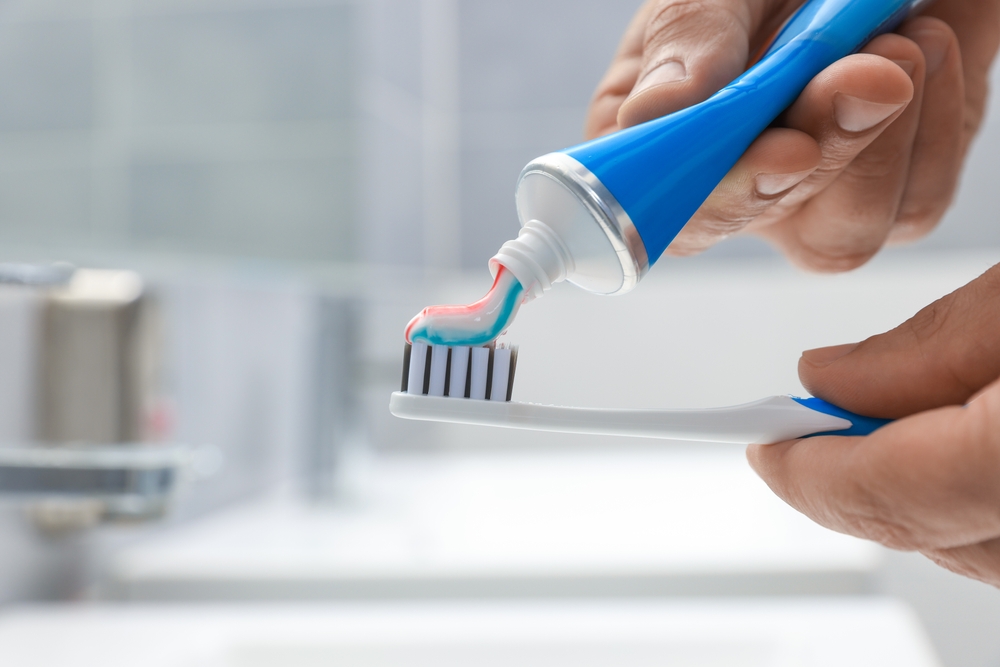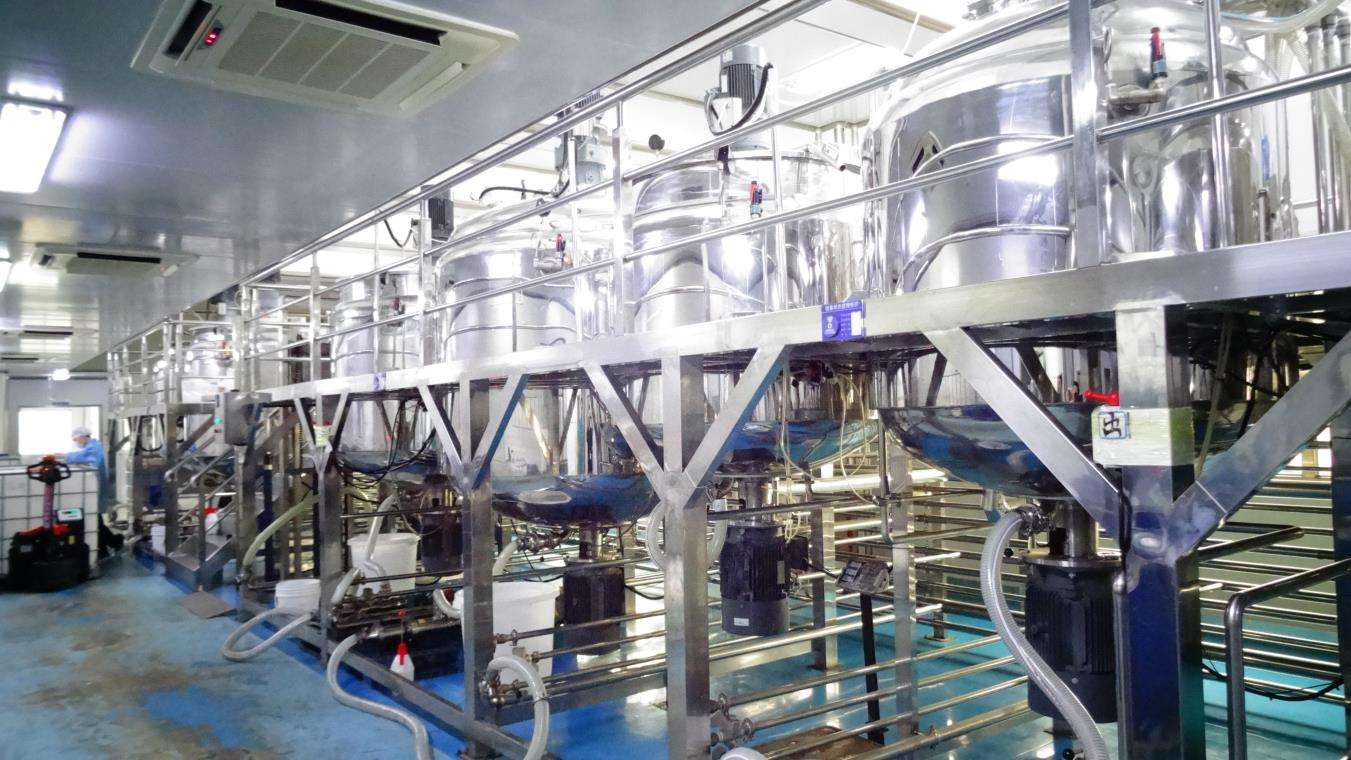Flossing vs. Mouthwash: Which is Better for Oral Health?
Maintaining optimal oral hygiene is critical for overall health, and two key components often come into question: flossing and mouthwash. While both play vital roles in maintaining oral health, understanding their differences, benefits, and limitations can help create a comprehensive oral care routine. This article will delve deeply into the advantages and disadvantages of flossing and mouthwash, analyze their impact on oral health, and guide how to incorporate them effectively into daily dental care.
Understanding the Basics: Flossing and Mouthwash
What is Flossing?
Using a thin strand of dental floss, food particles, plaque, and bacteria are removed from between the teeth and along the gumline. Flossing reaches areas a toothbrush cannot access, making it essential to prevent cavities, gum disease, and bad breath. Various types of floss are available, such as waxed, unwaxed, dental tape, and floss picks, each offering unique benefits based on individual needs.
What is Mouthwash?
Mouthwash is a liquid solution used to rinse the mouth. It provides a quick and easy way to reduce bacteria, freshen breath, and protect against plaque and gingivitis. Mouthwashes can be categorized into therapeutic and cosmetic types. Therapeutic mouthwashes contain active ingredients like fluoride, chlorhexidine, and essential oils to target specific oral health issues. In contrast, cosmetic mouthwashes primarily focus on freshening breath without delivering long-term health benefits.
The Benefits of Flossing: A Deeper Look
- Removes Plaque and Prevents Tartar Build-Up
- Flossing effectively removes plaque between teeth and under the gumline, areas a toothbrush often cannot reach. If plaque is not removed, it hardens into tartar, which can only be removed by a dental professional. Regular flossing helps prevent tartar build-up, reducing the risk of cavities and gum disease.
- Prevents Gum Disease
- Flossing reduces the risk of gum inflammation, also known as gingivitis, by eliminating food particles and plaque. If left untreated, gingivitis can progress to more severe forms of gum disease, such as periodontitis, resulting in tooth loss.
- Reduces Bad Breath
- The accumulation of food particles and bacteria between teeth can lead to bad breath. Flossing helps remove these particles, significantly reducing halitosis (bad breath).
- Improves Overall Oral Health
- Regular flossing contributes to a cleaner and healthier mouth, preventing dental issues that could lead to more severe health problems, such as cardiovascular disease and diabetes, linked to poor oral health.
The Benefits of Mouthwash: A Closer Examination
- Kills Bacteria and Reduces Plaque
- Mouthwash with antibacterial properties, such as chlorhexidine or essential oils, can kill bacteria that cause plaque and gum disease. This is particularly beneficial for individuals with limited dexterity who may find flossing challenging.
- Provides Fresh Breath
- Mouthwash is an effective solution for quickly freshening your breath. The antimicrobial agents in therapeutic mouthwashes kill odor-causing bacteria, while cosmetic mouthwashes mask bad breath temporarily.
- Reaches Hard-to-Clean Areas
- Mouthwash can access areas that floss and toothbrushes might miss, such as the back of the mouth and between tightly spaced teeth. This helps ensure a more thorough clean, especially after meals.
- Offers Additional Benefits Depending on the Type
- Different mouthwashes serve specific purposes. For example, fluoride mouthwashes help prevent cavities by strengthening enamel, while alcohol-free mouthwashes suit individuals with sensitive gums or dry mouth.
Comparing Flossing and Mouthwash: Pros and Cons
Advantages and Disadvantages of Flossing
Pros:
- Directly removes plaque and food particles.
- Reduces risk of gum disease and cavities.
- Improves overall oral health.
- Targets specific areas between teeth and under the gumline.
Cons:
- Requires proper technique and consistency.
- It can cause gum irritation if done too aggressively.
- It may be difficult for people with limited dexterity.
Advantages and Disadvantages of Mouthwash
Pros:
- Kills bacteria throughout the mouth.
- Provides immediate freshness and odor control.
- Easy and quick to use.
- It helps prevent cavities and reduce plaque build-up.
Cons:
- Does not remove food particles or plaque mechanically.
- It may contain alcohol, which can cause dryness or irritation.
- Overuse can lead to staining of teeth.
- It is not a substitute for brushing or flossing.
Integrating Flossing and Mouthwash in an Oral Care Routine
To achieve the best oral health results, it’s essential to incorporate both flossing and mouthwash into your daily oral care routine. Here is a suggested diagram to visualize an effective oral hygiene routine:
Recommended Oral Care Routine
- Brush Teeth Twice Daily: Use fluoride toothpaste to brush for at least two minutes, covering all surfaces of the teeth.
- Floss Once Daily: Floss between teeth and along the gumline to remove plaque and food particles that a toothbrush cannot reach.
- Use Mouthwash After Brushing and Flossing: Rinse with an antibacterial or fluoride mouthwash to kill bacteria and provide additional protection against plaque and gum disease.
- Use a Tongue Scraper: Scrape the tongue to remove bacteria and prevent bad breath.
- Regular Dental Check-Ups: Visit the dentist every six months for a professional cleaning and check-up.
Try Lidercare Now!
We Help You Launch New Products, And Continue To Grow. Try Us With 20% Off Your First Order!
Conclusion: Flossing vs. Mouthwash – A Balanced Approach
Both flossing and mouthwash play critical roles in a comprehensive oral care routine. Flossing is indispensable for removing plaque and debris between teeth, directly preventing cavities and gum disease. Conversely, mouthwash provides an added layer of protection by killing bacteria, freshening breath, and reaching areas that may be missed by brushing and flossing.
We recommend combining daily flossing with a therapeutic mouthwash for optimal oral health. This balanced approach, when paired with regular brushing and professional dental care, will help maintain a healthy, fresh, and clean mouth.
Table of Contents
Awesome! Share to:
Latest Blog Posts
Check out the latest industry trends and take inspiration from our updated blogs, giving you a fresh insight to help boost your business.



